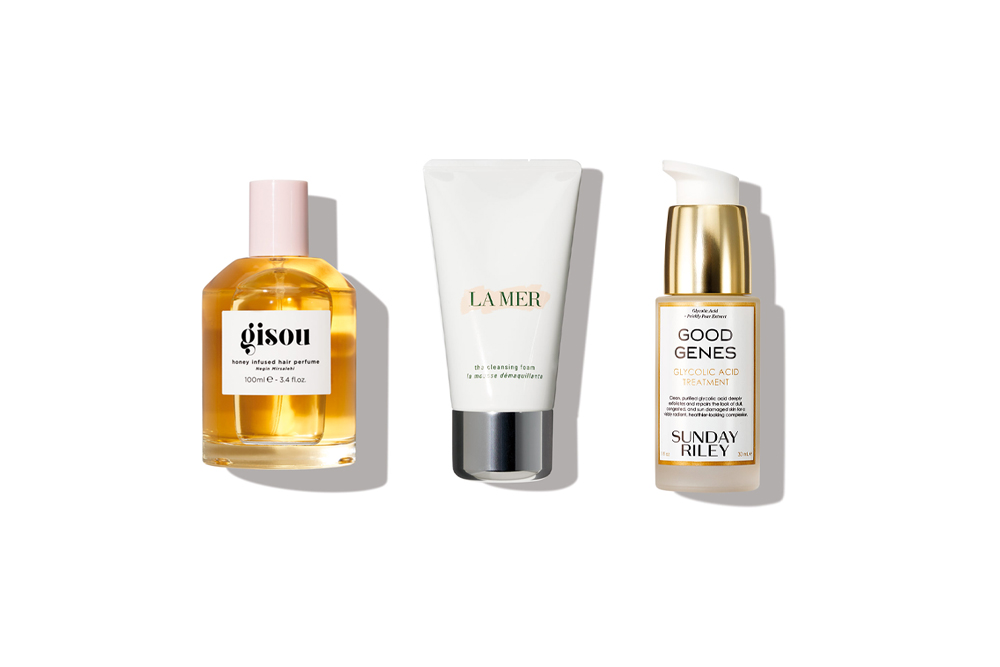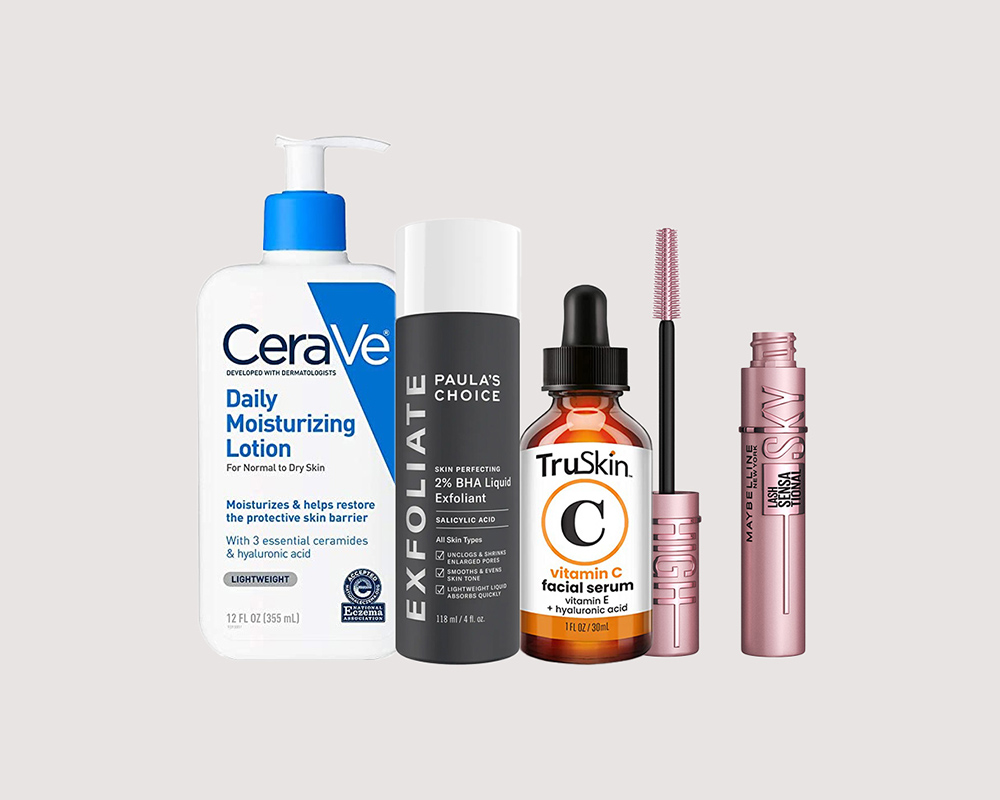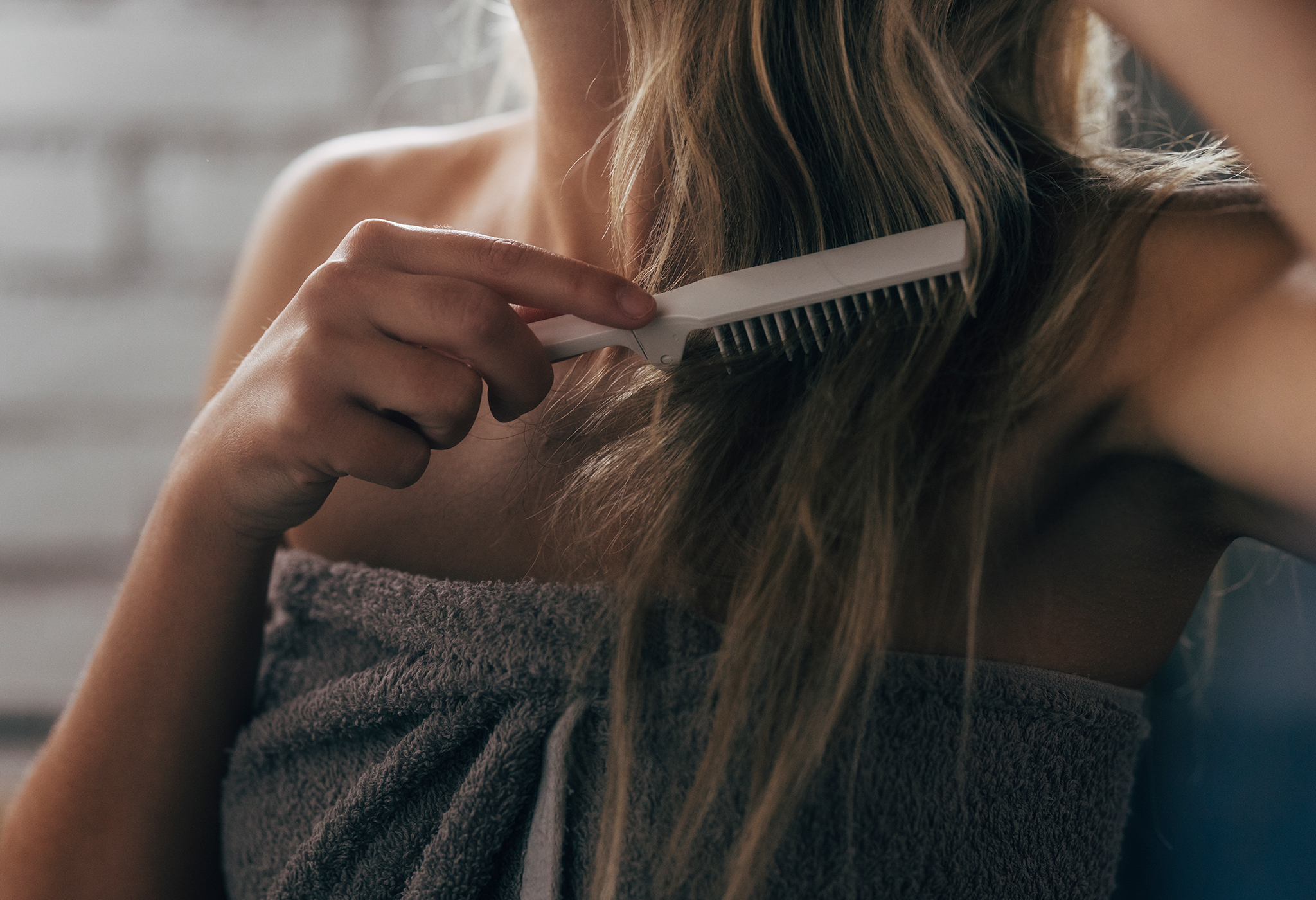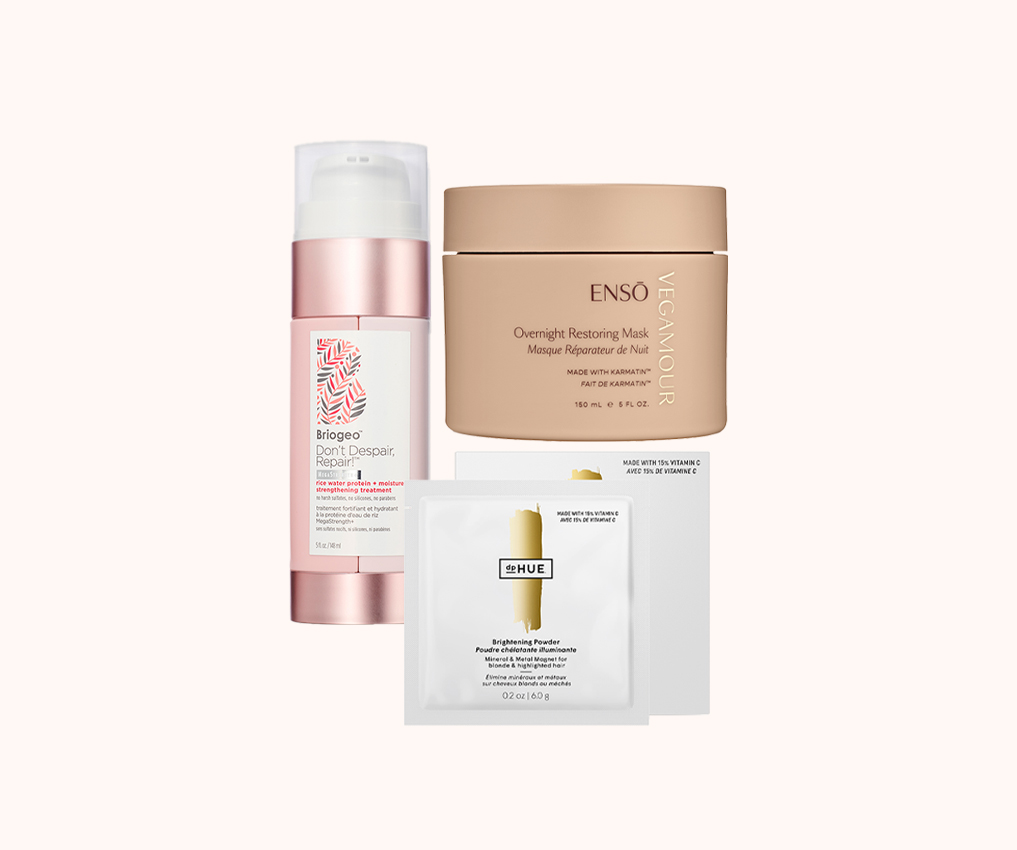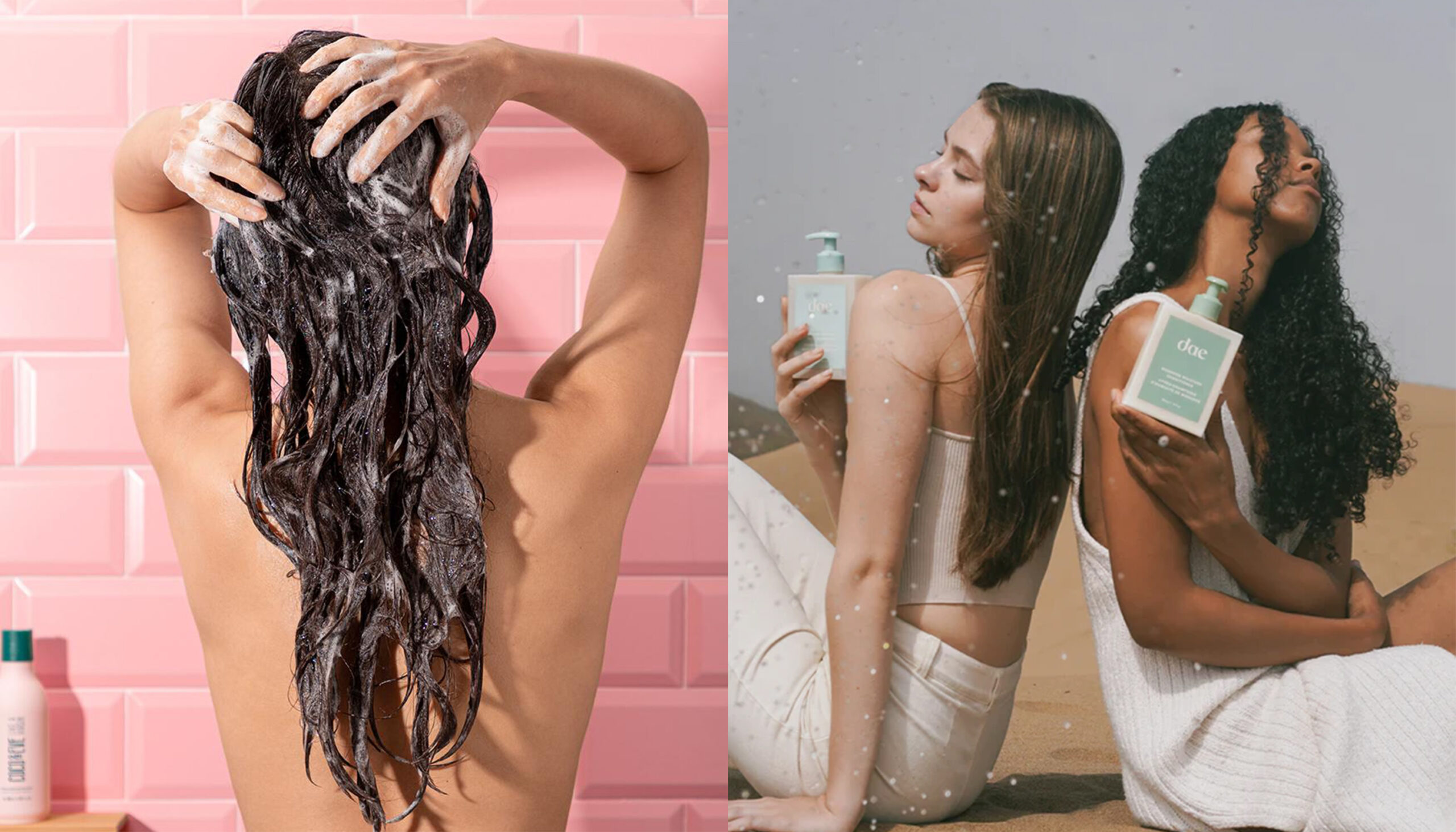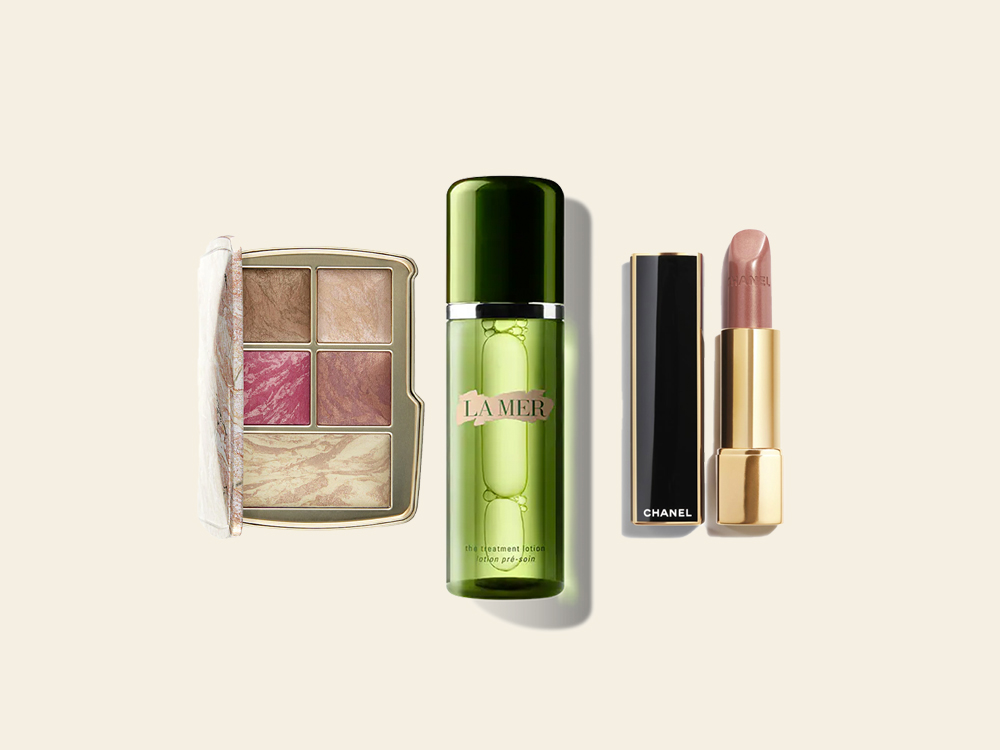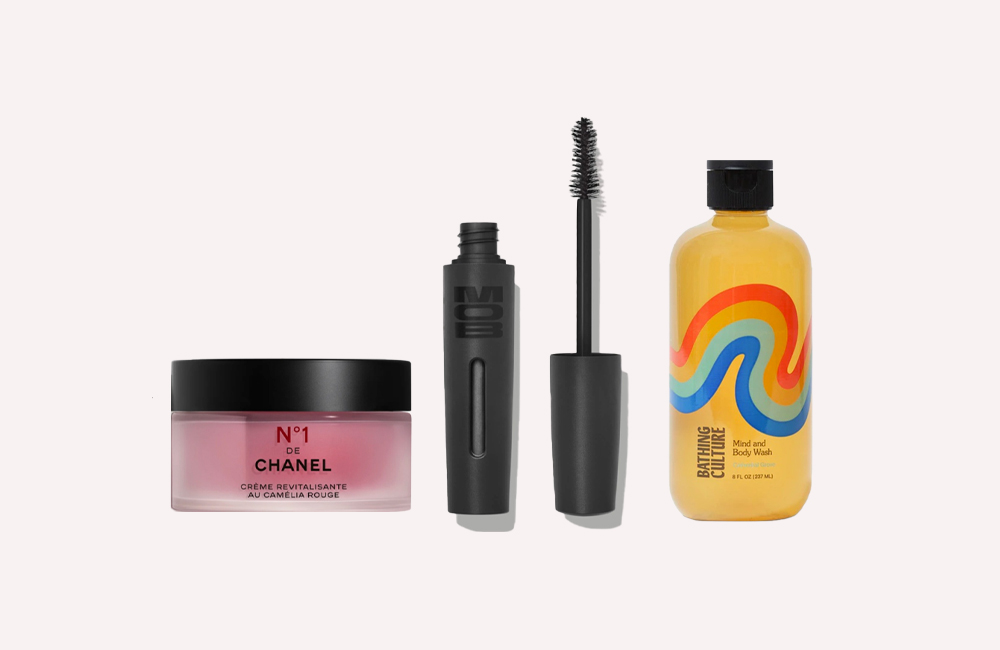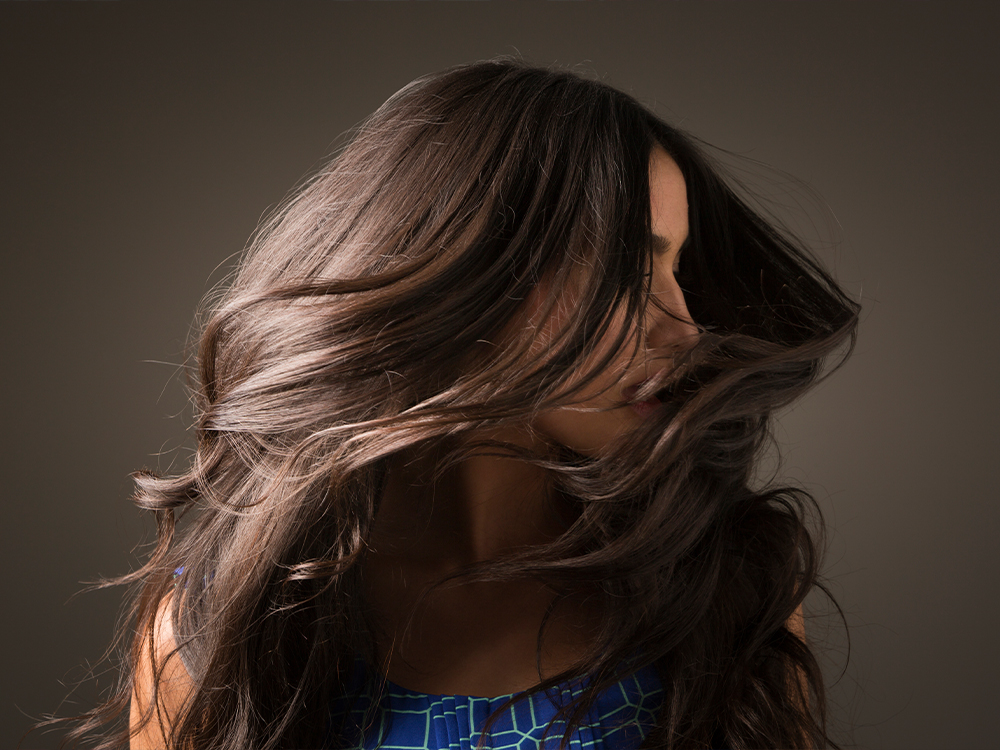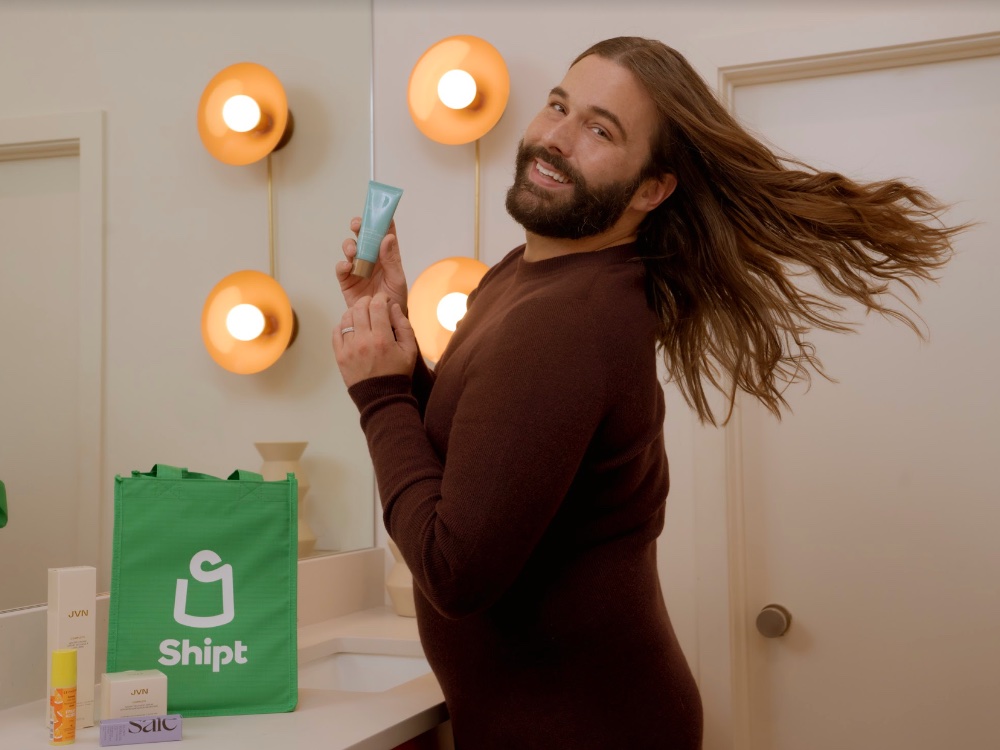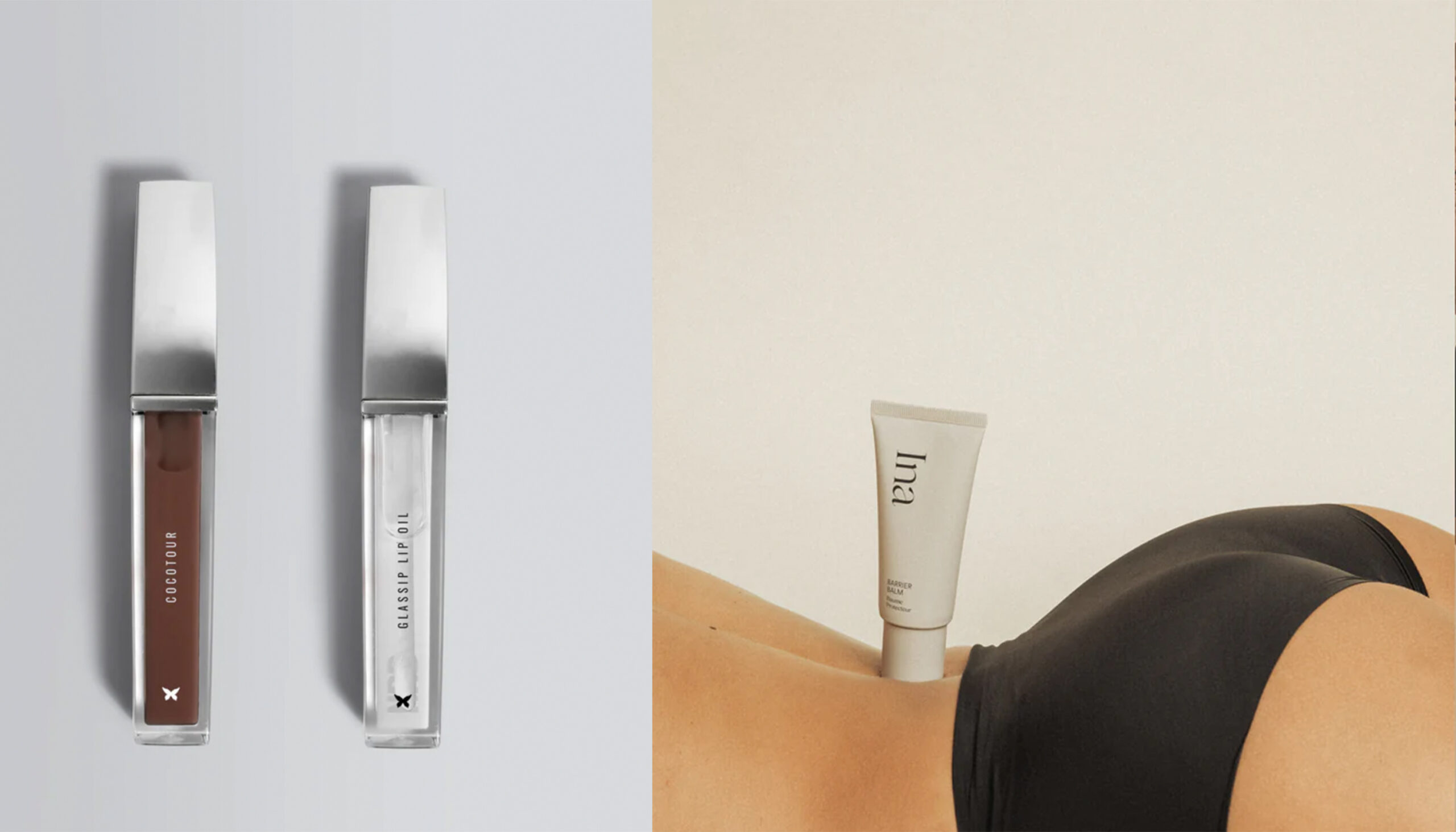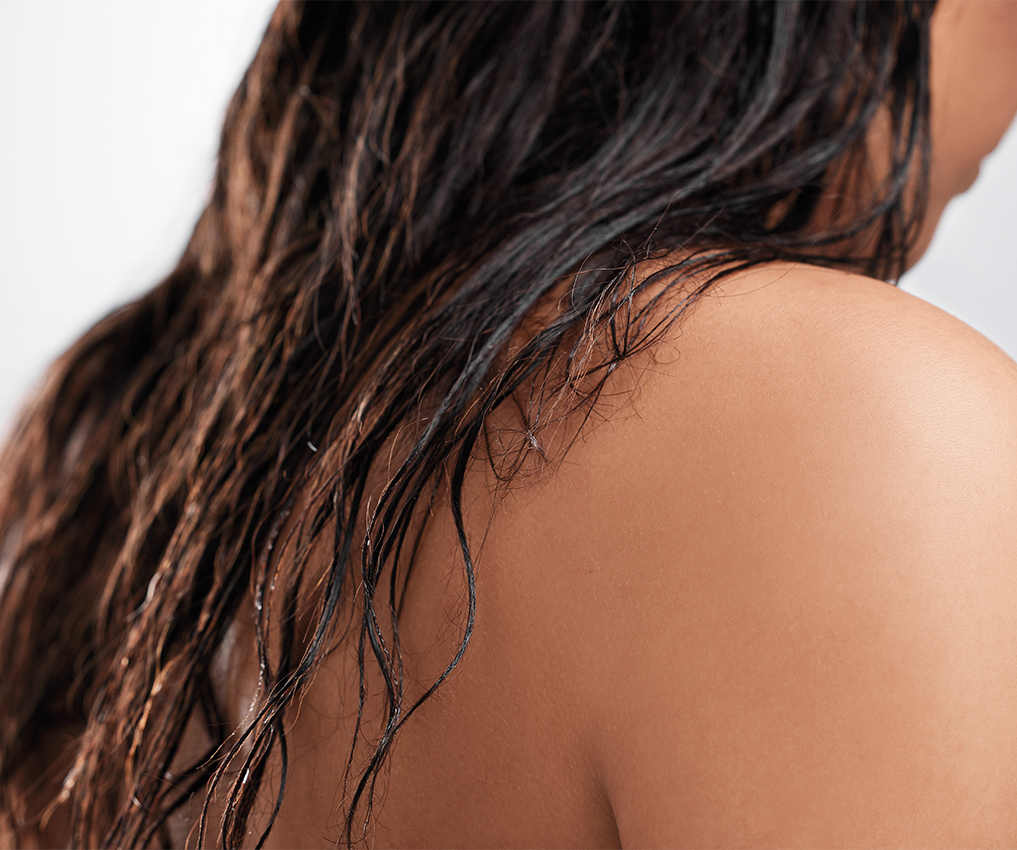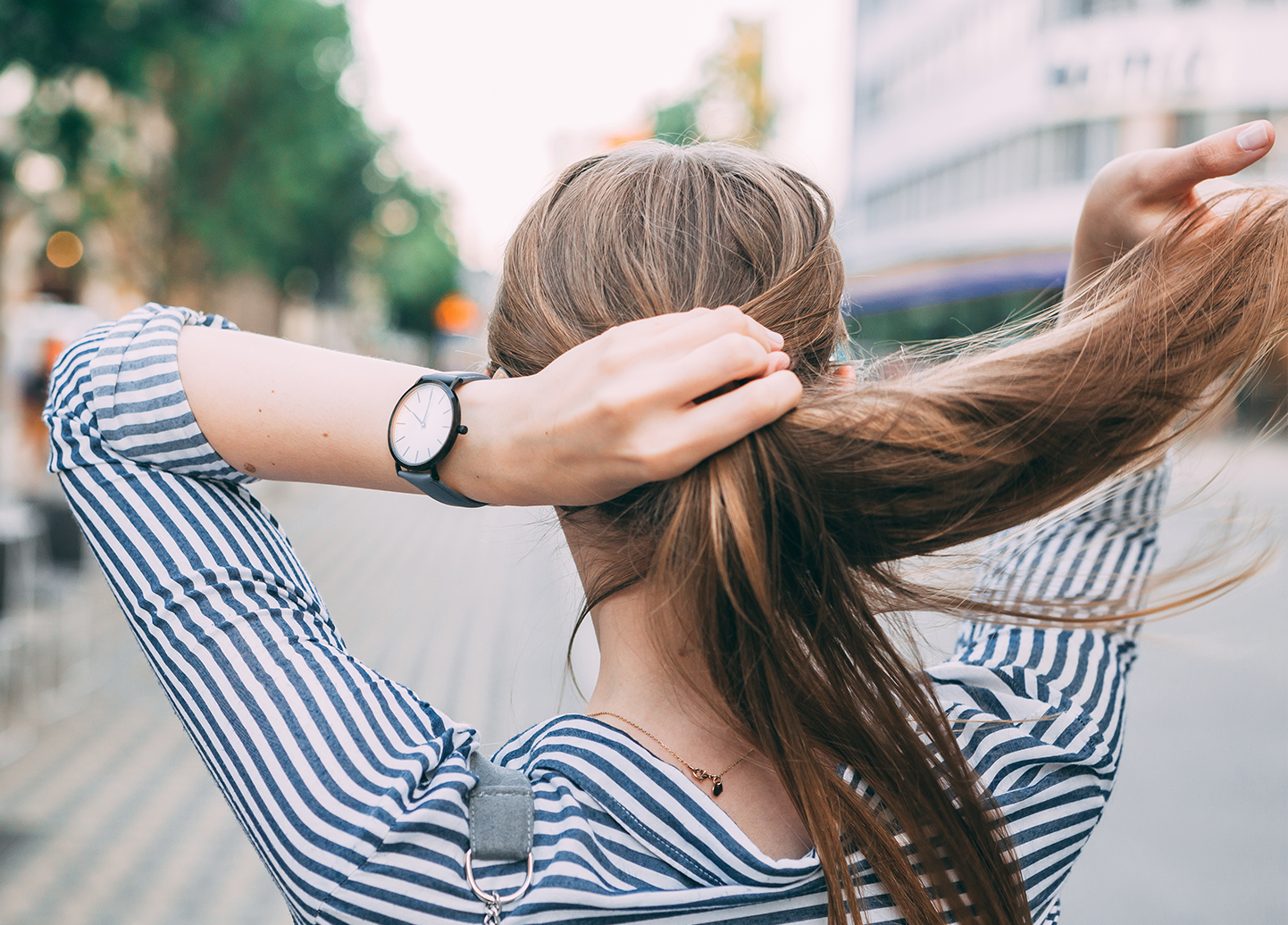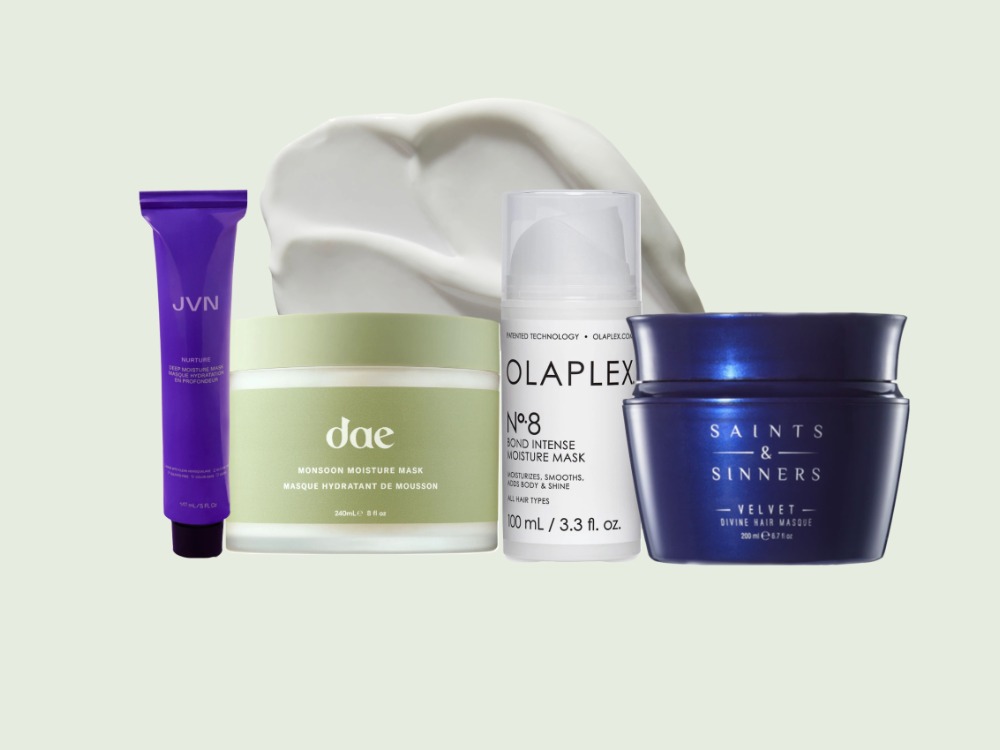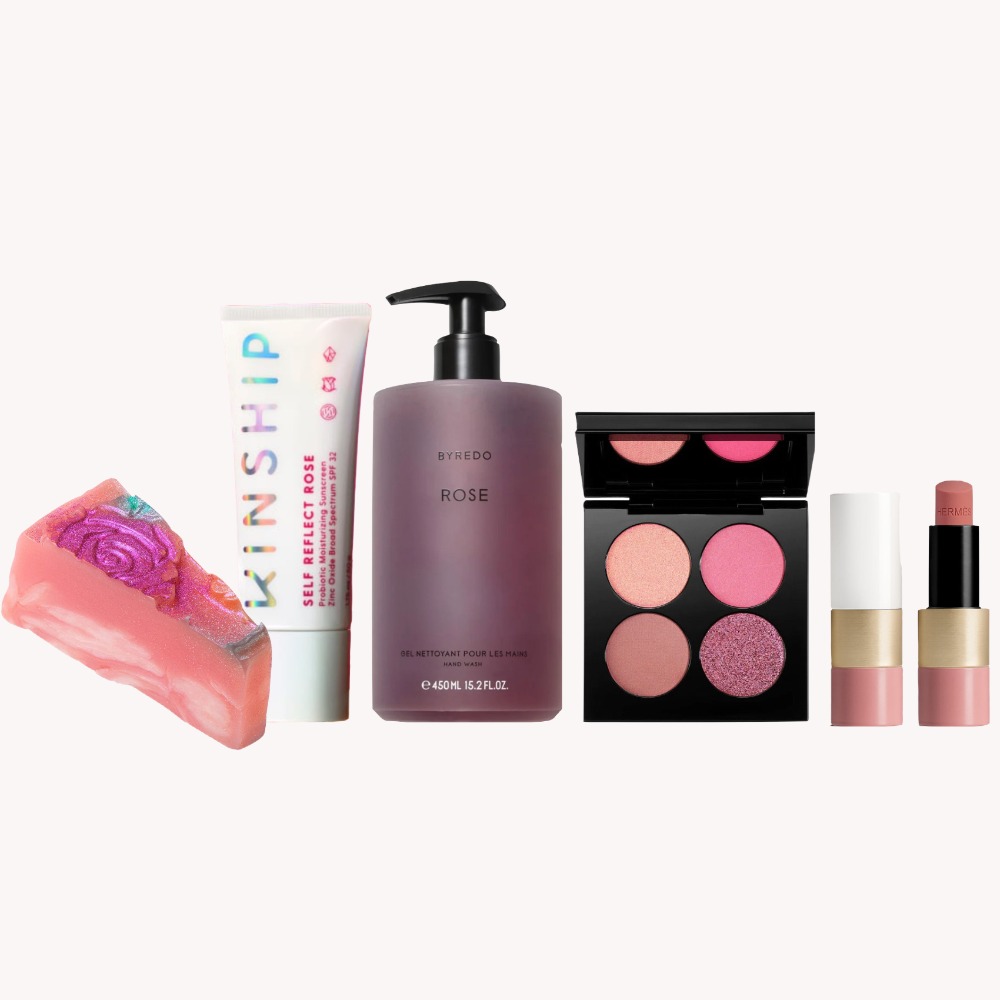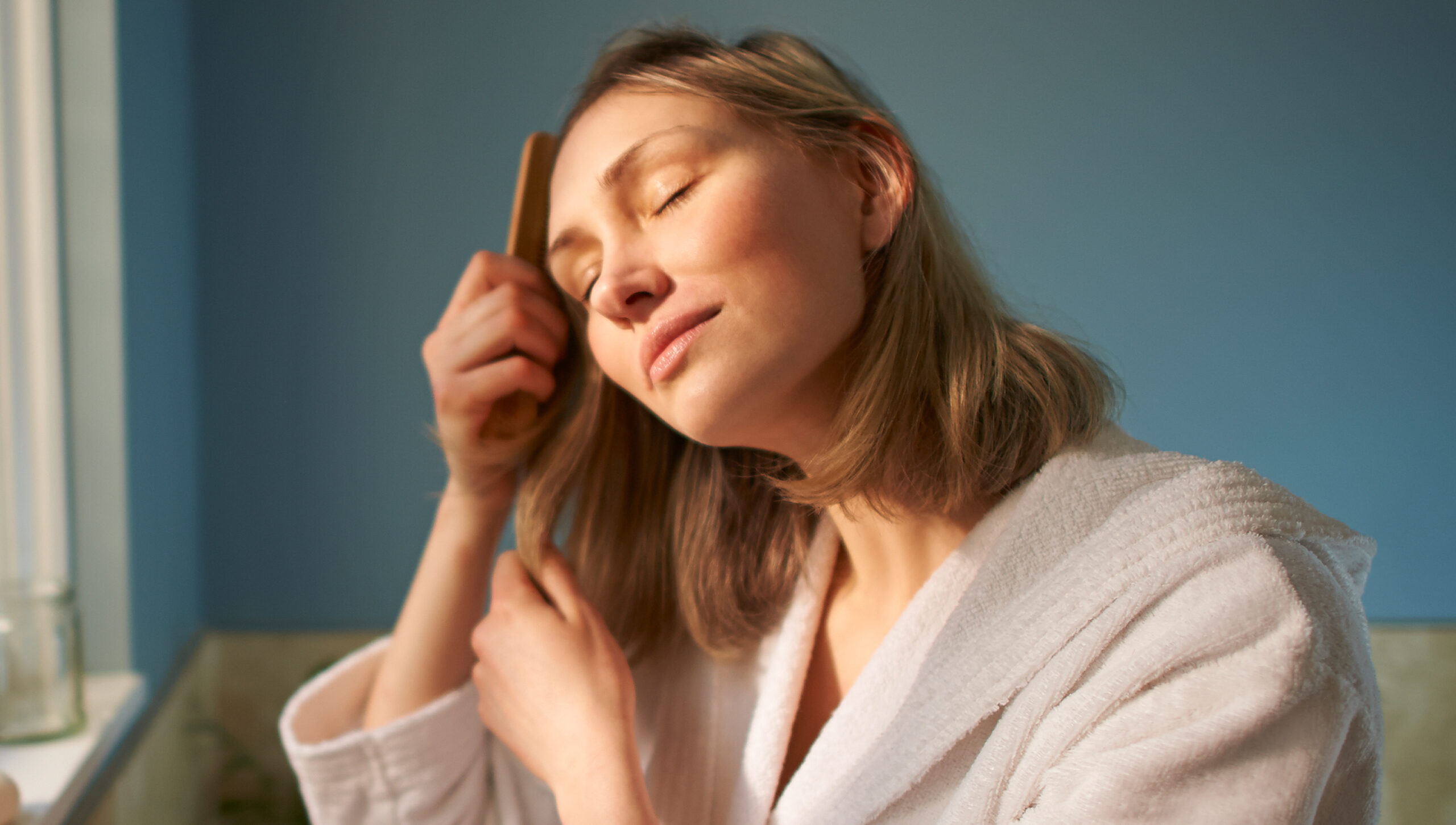Despite the ground gained by black women in America in beauty, evidence suggests many are still experiencing hair discrimination at their place of work. The pressure to straighten Afro-textured hair (classified as coily or kinky) stems from a long history of racism, and still sees sends women home from work for their hairstyle to this day.
The research, co-commissioned by Dove and LinkedIn, examines the state of hair bias and discrimination and the social and economic impact that black women experience as a result. Interviewing nearly 3,000 women, the CROWN 2023 Workplace Research Study found that black women’s hairstyles were 2.5x more likely to be deemed unprofessional by all those interviewed.
Efforts to federally ban hair discrimination are currently mired in the legal process, having passed the House of Representatives back in March of 2022 and made no further progress. Stonewalled by the Senate, the bill was unable to generate the votes needed to overcome a filibuster by Republican Senators despite bi-partisan support. While a national ban may be a while off yet, 21 states currently have some kind of CROWN (Creating a Respectful Open World for Natural Hair) Act on the books, with California leading the way in 2019. Just this May, Texas became the 21st state to do so.
This study demonstrates that the fight against hair discrimination continues to be an uphill battle.
The Stats
According to the study, two thirds of black women change their hairstyles for job interviews, with over half saying they feel they have to have straight hair to interviews to be successful. The bias against natural and protective styles has left many feeling they have been denied opportunities based on their hair.
For example, back in 2014, Laura Odoffin was denied work due to her hairstyle. The email she received from a recruiter, which she shared on Facebook, explained that her protective braids weren’t compliant with their grooming requirements. “Unfortunately we cannot accept braids – it is simply part of the uniform and grooming requirements we get from our clients,” the email read. “If you are unable to take them out I unfortunately won’t be able to offer you any work.”
Once in the workplace, the issues don’t end.
Based on responses, the study also determined that black women who wear their hair natural or in protective styles are 2x more likely to experience microagressions than black women who wear their hair straight. Additionally, over 20% of black women aged 25-34 have been sent home from work because of their hair.
The Natural Hair Movement
We don’t need to tell you that no one should feel pressured to change their hair to gain or retain access to employment. That’s because the natural hair movement has been on the ground helping to change the social bias against afro-textured hair for over a decade now.
Born in response to this discrimination, the natural hair movement hasn’t just emphasized the beauty and health of textured hair, but also drew attention towards gentler, clean care.
Founder and CEO of Carra, an AI-driven digital hair health platform for women with textured hair, Winnie Awa explains that the clean beauty really has the natural hair movement to thank. “The natural hair movement really became the clean beauty movement,” Awa says. “A lot of us grew up chemically straightening our hair, and we know now that that is really terrible, and the natural hair movement was what made that clear. Now, it’s transitioned into the clean beauty movement, where we’re starting to ask those same questions and interrogating the truth of these products. What does it mean to be safe? What does it mean to be green?”
Additionally, the strength of the natural hair movement throughout the early 2000s is the primary reason 21 states now have legal protections against race-based hair bias. That said, this recent research proves we have a long way to go before hair discrimination is fully eradicated from the workplace.

